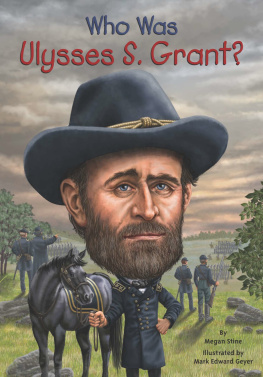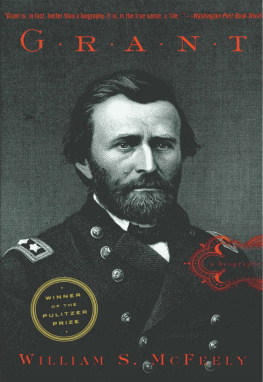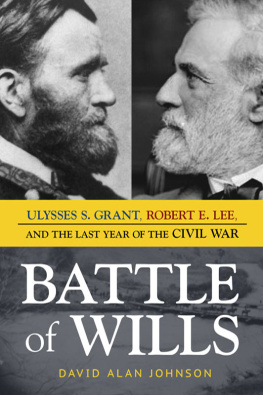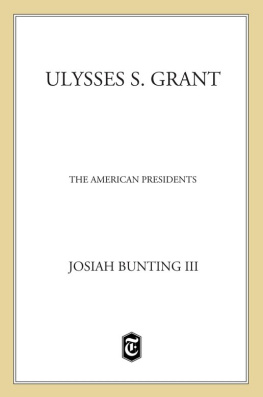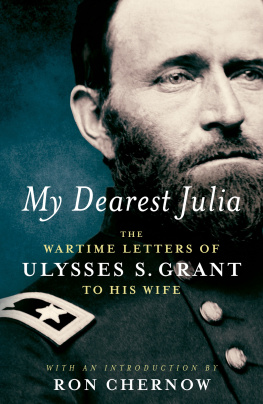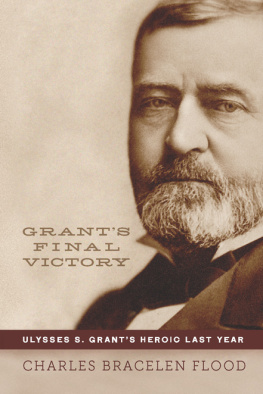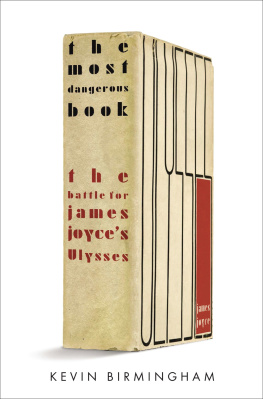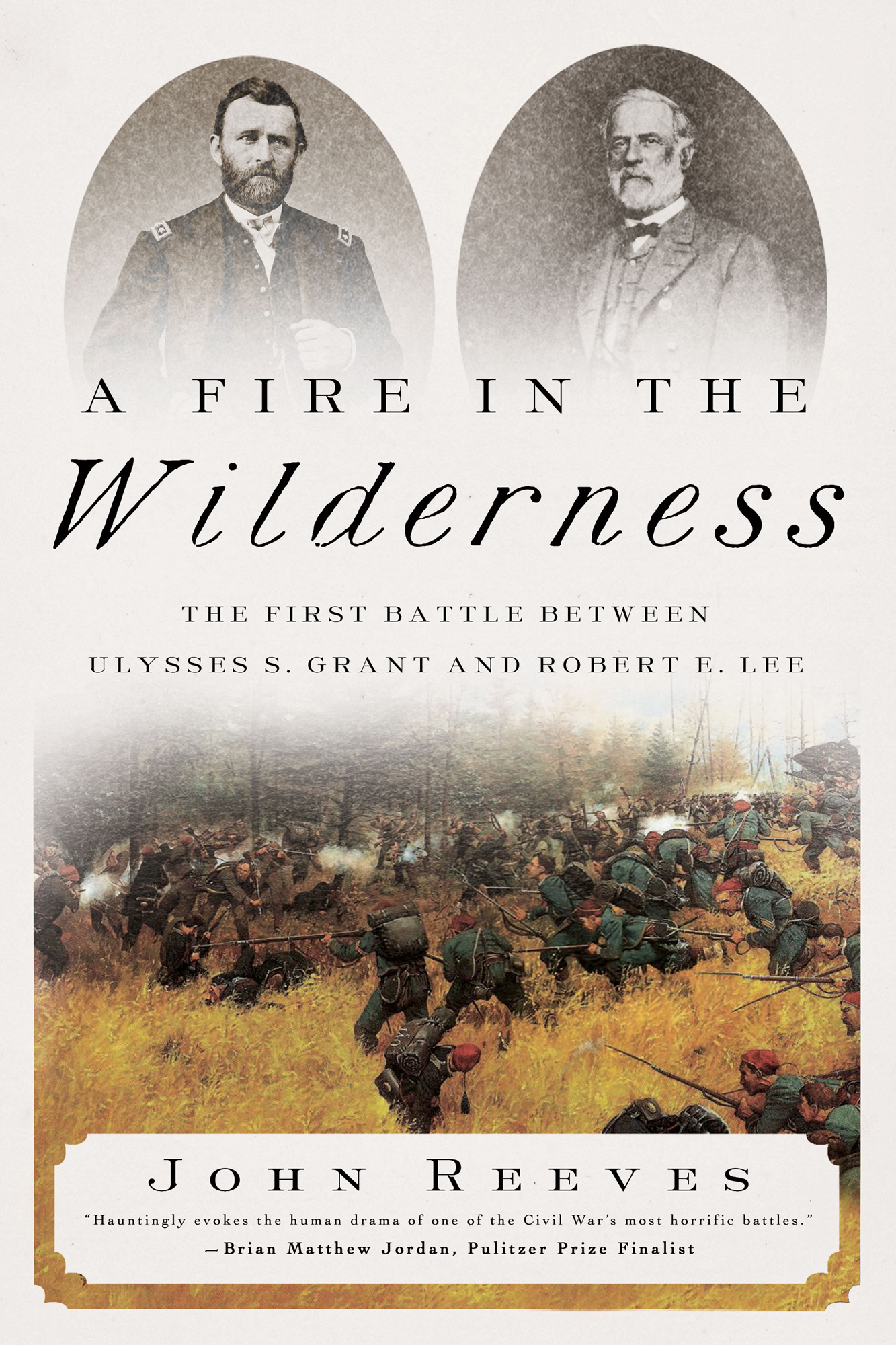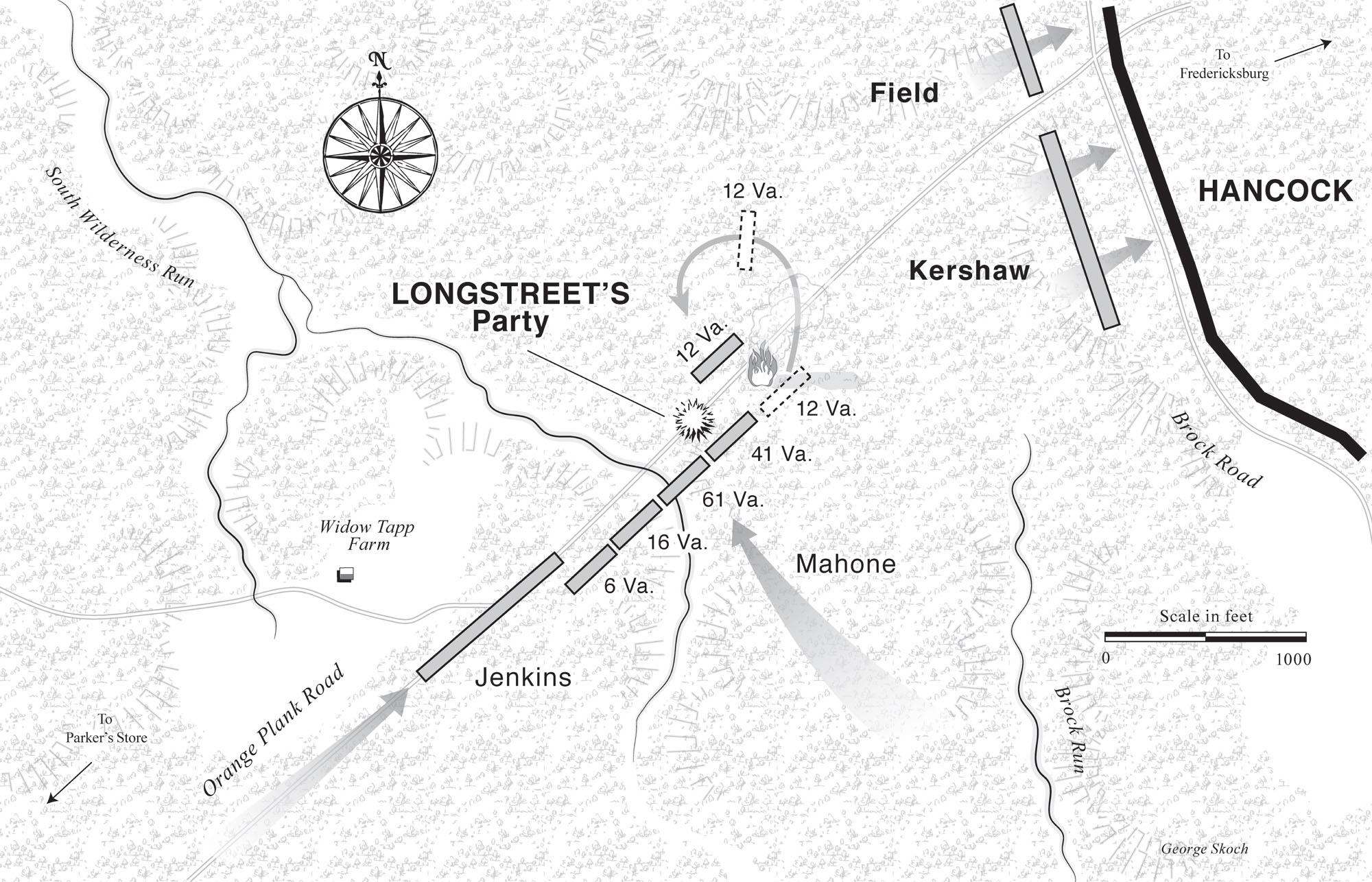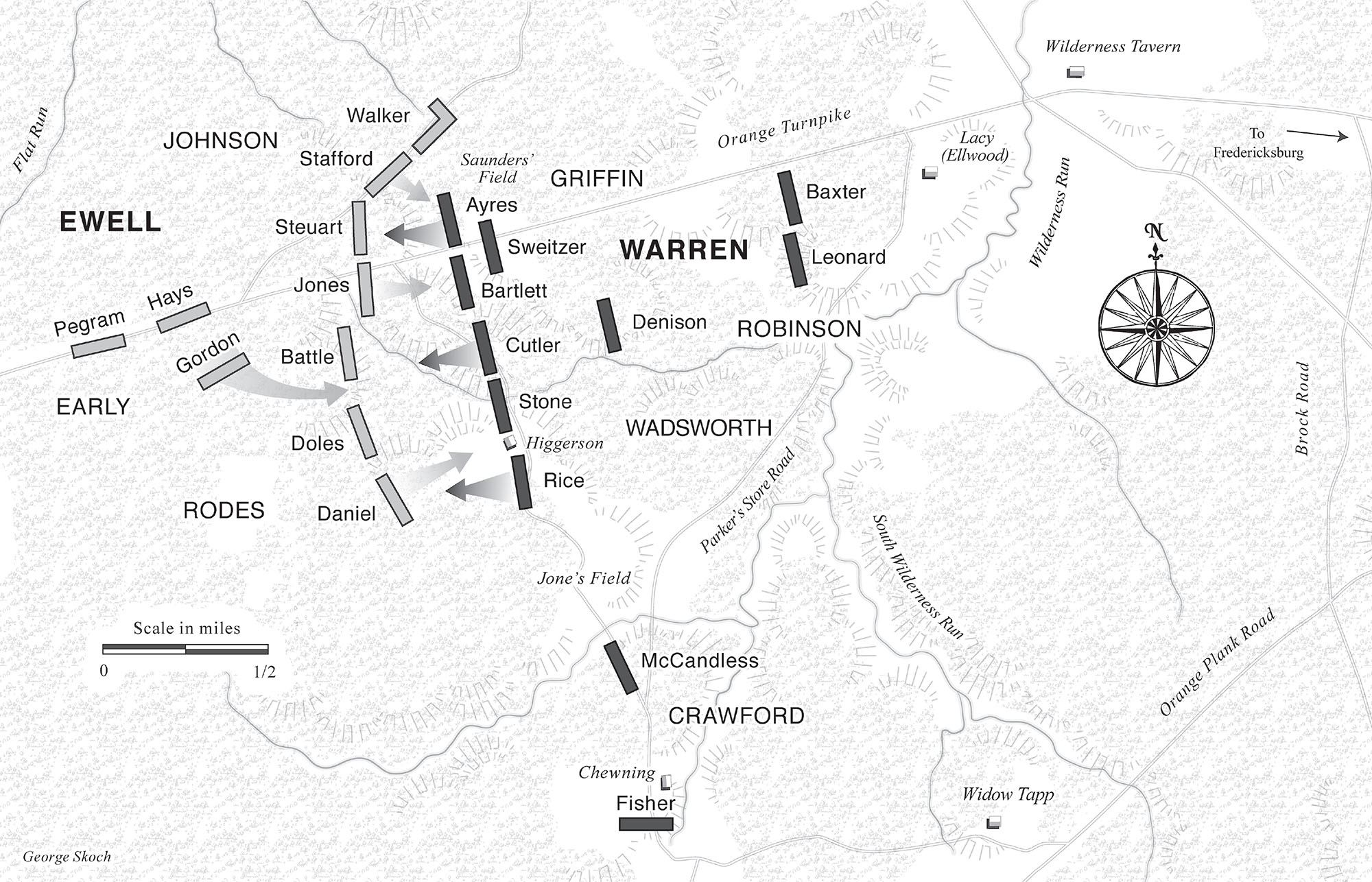Contents
Guide
A Fire in the Wilderness
The First Battle Between Ulysses S. Grant and Robert E. Lee
John Reeves
"Hauntingly evokes the human drama of one of the Civil War's most horrific battles."
Brian Matthew Jordan, Pulitzer Prize Finalist
A FIRE IN THE WILDERNESS
Pegasus Books, Ltd.
148 West 37th Street, 13th Floor
New York, NY 10018
Copyright 2021 by John Reeves
First Pegasus Books cloth edition May 2021
All images unless otherwise noted, courtesy of the Library of Congress.
Interior design by Maria Fernandez
Jacket design: Faceout Studio, Amanda Hudson
Imagery: Bridgeman Images
Author photo credit: Laurence Genon
All rights reserved. No part of this book may be reproduced in whole or in part without written permission from the publisher, except by reviewers who may quote brief excerpts in connection with a review in a newspaper, magazine, or electronic publication; nor may any part of this book be reproduced, stored in a retrieval system, or transmitted in any form or by any means electronic, mechanical, photocopying, recording, or other, without written permission from the publisher.
ISBN: 978-1-64313-700-1
Ebook ISBN: 978-1-64313-701-8
Distributed by Simon & Schuster
www.pegasusbooks.com
To Justine with gratitude
Those hot, sad, wrenching timesthe army of volunteers, all States,or North or Souththe wounded, suffering, dyingthe exhausting, sweating summers, marches, battles, carnagethose trenches hurriedly heapd by the corpse-thousands, mainly unknownWill the America of the futurewill this vast rich Union ever realize what itself cost, back there after all?those hecatombs of battle-deathsThose times of which, O far-off reader, this whole book is indeed finally but a reminiscent memorial from thence by me to you?
Walt Whitman
Organization of Union forces under Lieutenant General Ulysses S. Grant on the morning of May 4, 1864.
ARMY OF THE POTOMAC
Major General George G. Meade
SECOND ARMY CORPS
Major General Winfield S. Hancock
FIRST DIVISION
Brigadier General Francis C. Barlow
SECOND DIVISION
Brigadier General John Gibbon
THIRD DIVISION
Major General David B. Birney
FOURTH DIVISION
Brigadier General Gershom Mott
FIFTH ARMY CORPS
Major General Gouverneur K. Warren
FIRST DIVISION
Brigadier General Charles Griffin
SECOND DIVISION
Brigadier General John C. Robinson
THIRD DIVISION
Brigadier General Samuel W. Crawford
FOURTH DIVISION
Brigadier General James Wadsworth
SIXTH ARMY CORPS
Major General John Sedgwick
FIRST DIVISION
Brigadier General Horatio G. Wright
SECOND DIVISION
Brigadier General George W. Getty
THIRD DIVISION
Brigadier General James B. Ricketts
NINTH ARMY CORPS (reporting directly to Gen. Grant)
Major General Ambrose E. Burnside
FIRST DIVISION
Brigadier General Thomas G. Stevenson
SECOND DIVISION
Brigadier General Robert B. Potter
THIRD DIVISION
Brigadier General Orlando B. Willcox
FOURTH DIVISION
Brigadier General Edward Ferrero
CAVALRY CORPS
Major General Philip H. Sheridan
FIRST DIVISION
Brigadier General Alfred T. A. Torbert
SECOND DIVISION
Brigadier General David McMurtrie Gregg
THIRD DIVISION
Brigadier General James H. Wilson
ONE The Ghost of Stonewall Jackson
It is an approved maxim in war, never to do what the enemy wishes you to do, for this reason alone, that he desires it. A field of battle, therefore, which he has previously studied and reconnoitered, should be avoided, and double care should be taken where he has had time to fortify or entrench.
Napoleon Bonaparte
T he Army of the Potomac began to move during the early morning hours of Wednesday, May 4, 1864. The general-in-chief of the Union Army, Lieutenant General Ulysses S. Grant, believed a head start under the cover of darkness might allow his troops to cross the Rapidan River quickly and then pass through the Wildernessa tangled forest of underbrush and thicketsbefore a battle could take place with General Robert E. Lees Army of Northern Virginia. The coming spring campaign would be the first contest between Grant and Lee, the two most successful military leaders of the war. Not since Napoleon fought the Duke of Wellington at Waterloo in 1815 had two such celebrated commanders faced one another in the field.
As the soldiers marched in long, blue columns during a pleasantly warm morning, they knew a murderous struggle was imminent. Before breaking camp, many of the men had notified their loved ones about what lay ahead. In a few days you will probably hear of the greatest battle yet fought in America, Lieutenant Uberto Burnham of the 76th New York Infantry informed his mother. If successful, Richmond and all Virginia will soon be ours. If we are defeated, Lee will probably again invade the northern states.
Private Charles Biddlecom, who served in Rices brigade, tried to be philosophical in a letter to his wife, Everything indicates an early move and when you will hear from me again I cannot tell. Perhaps never, but I will try and not expose myself to danger that can be avoided. Esther, if I am killed do not mourn, but try and think that everything is ordained for the best. Teach my children to believe that Charlie died a glorious death and above all things, teach them to hate and despise a slaveholder as the meanest of beings.
Across the North and South, everyone wondered if this might be the last campaign of the war. General Lee, lacking in provisions and a sustainable supply of fresh troops, hoped to encourage the peace movement in the North by delivering a quick and decisive blow against Grants army. In a letter to his son, Rooney, in late April, Lee wrote, Our Country demands all our thoughts, all our energies. To resist the powerful Combination now forming against us, will require every man at his place. If victorious we have everything to hope for in the future. If defeated, nothing will be left us to live for. The Confederate general added, This week will in all probability bring us active work & we must strike fast & strong. My whole trust is in God, & I am ready for whatever he may ordain. The stakes for this battle were especially high for Lee personally. At that moment, Union troops occupied his beloved estate at Arlington, Virginia.
Unfortunately for Grant, only the complete destruction of the Army of Northern Virginia would be viewed as a success by his countrymen, who were tired of war. Failure would lead to cries for an armistice and might even result in the victory of a peace candidate in the fall presidential election. Quite simply, if the Rebels drove Grant back across the river, as they had Union Generals George McClellan, Ambrose Burnside, and Joseph Hooker before him, it could mean the end of the Union. Understandably, soldiers and citizens from all parts of America were apprehensive on the eve of the spring campaign. As Grant succinctly put it, The two armies had been confronting each other so long, without any decisive result, that they hardly knew which could whip.


